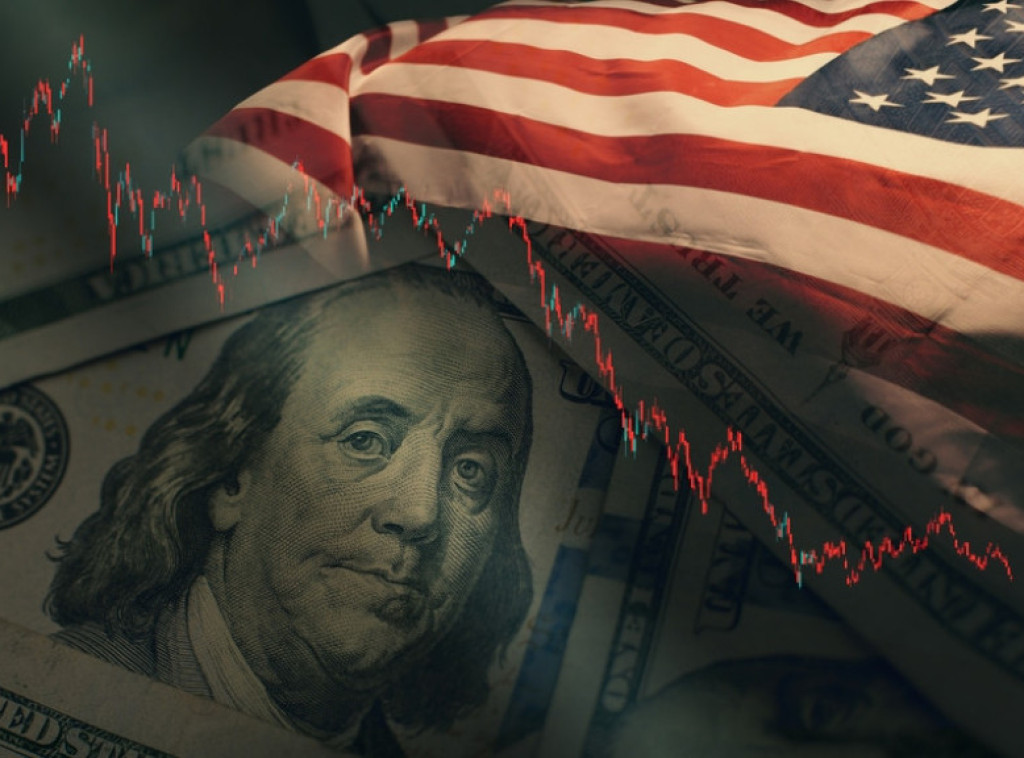US Trade Deficit Explodes to $71.5 Billion in May – What’s Going On?
Did you know that the US trade deficit skyrocketed to a whopping $71.5 billion in May? That’s a jump from April’s $60.3 billion! Yes, you read that right – the US imported way more than it exported in May, and that’s not a good sign for the world’s biggest economy.
Exports Drop, But Imports Stay Stubbornly High
US exports of goods and services fell by 4% in May, meaning American companies sold less abroad. The biggest export drops were in non-monetary gold, natural gas, and finished metal products. On the flip side, imports barely budged, with a slight dip of just $0.5 billion, marking the lowest level in seven months but still very high.
Who Are the Main Trade Deficit Partners?
The US has its largest trade deficit with the European Union, which rose from $17.9 billion in April to $22.5 billion in May. The deficit with Mexico also jumped from $13.5 billion to $17.1 billion. Similar trends are seen with Canada and Vietnam.
But here’s a twist – the deficit with China fell from $19.7 billion in April to $14 billion in May. Does this mean the US is finally cutting its dependence on China? Maybe, but the overall picture isn’t rosy.
What Does This Mean for the US Economy?
This rising trade deficit could mean the US economy is spending more than it earns internationally. This can affect the dollar’s value, inflation, and overall economic stability. The drop in exports might also signal weaker competitiveness of US products globally.
Is This the Beginning of the End for US Economic Dominance?
Some economists are already sounding the alarm, saying these trends aren’t sustainable. With a growing deficit, the US might face trouble financing its debt and losing investor confidence. But is this really the end of US economic power or just a temporary rough patch? Time will tell.
Conclusion
The US trade deficit soared to $71.5 billion in May, a worrying sign for the economy. Falling exports and rising deficits with key partners like the EU and Mexico point to serious challenges. Although the deficit with China fell, the overall outlook isn’t optimistic.
If you think this is just another boring economic stat, think again – these numbers can impact fuel prices, store goods, and your paycheck. Now, take a look at your wallet and ask yourself – will this US economic drama affect us too? And hey, if you’ve got a wild theory or hot take, don’t be shy to share it – it’s always fun to see who’s got the craziest idea!







































































